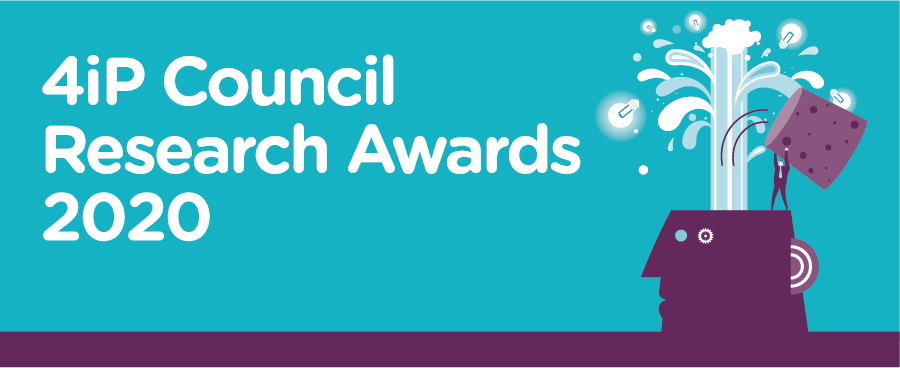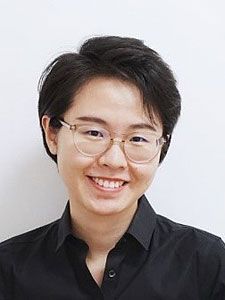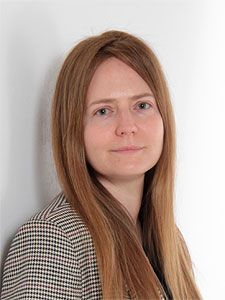4iP Council Research Awards 2020

4iP Council is pleased to announce the winning papers and authors in the 2020 4iP Council Research Awards
1st place:
Patents and Supra-competitive Prices: Evidence from Consumer Products
by Ling Zhou, Chair of Innovation and IP Policy at Ecole polytechnique fédérale de Lausanne, Ph.D. candidate in Economics

Ling Zhou is a Ph.D. candidate at the Chair of Innovation and IP Policy, Ecole polytechnique fédérale de Lausanne, where she studies under the supervision of Prof. Gaétan de Rassenfosse. Her research interests include the economics of innovation and intellectual property rights. Her dissertation focuses on using observational data and econometrics methods to understand the incentives and diffusion of innovation, as well as disparity in innovative activities.
Why
did you enter the prize?
My supervisor, Prof. Gaétan de Rassenfosse, encouraged me to apply for this award. My research group at EPFL places a strong emphasis on providing sound evidence related intellectual property rights and innovation, which fits well with 4iP Council's objective on promoting empirical research in this realm. This research competition is an exciting opportunity to showcase my work.
Why
did you choose the topic for your paper?
A major challenge in empirical research on IPR is to link products to patents. Prof. de Rassenfosse made an effort to overcome this challenge by building the IPRoduct database (www.iproduct.io), which provides rich information on product-to-patent concordance and has generated an abundance of research questions. One question of interest is to test whether patent protection provides incentives for innovation by conferring supra-competitive prices. A central argument for justifying IP rights is that patent protection allows innovators to charge higher prices. This ‘patent premium’ incentivises firms to innovate by helping them recoup their R&D investments. However, the evidence supporting this argument is scant except for drugs. Therefore, studying the effects of patent protection on the prices of a broader category of products became a first-order question for me.
What
are your longer-term plans?
I plan to continue doing research in the field of innovation and IP system in academic or policy sectors after graduating from my PhD.
What
will you do with the prize money?
I plan to use the award money to cover expenses related to research activities, for example, conference fees or paper submission fees.
2nd place:
Judicial determination of FRAND royalties in the ICT sector: should courts determine FRAND royalties and, if so, how? Principles, methods and challenges
by Rita Garcia-Bennett, LL.M. Intellectual Property & Competition Law at Munich Intellectual Property Law Center

Rita Garcia-Bennett holds an LL.M. degree in Intellectual Property and Competition Law from the Munich Intellectual Property Law Center, a collaboration of the Technical University of Munich, the George Washington University Law School, the Max Planck Institute for Innovation and Competition and Augsburg University. Rita is qualified as a solicitor in England and has worked as a lawyer in Munich and London, both in private practice and in-house, mostly in the field of finance law. She has been exploring the intersection of law, finance and technology, and is particularly keen on patent valuation topics. Rita is also qualified as a lawyer in Spain and holds a degree in Law from the University of Navarra.
3rd place:
Patentability of Computer Programs in Europe
by Yulia Borisova, LL.M. Candidate in Law of Internet Technology at Bocconi University (Milan, Italy)

Yulia Borisova holds a law degree with honors and a PhD from the Moscow Lomonosov State University (Russia). She has practiced law for more than 10 years working for major international law firms (focusing on capital markets transactions and corporate matters) and banks (supporting with cash, trade and custody products). During her LL.M. studies at Bocconi University, Yulia became interested in intellectual property law, which is a fundamental pillar of the challenging internet technology era. Issues relating to protection of software by patents and copyright seem to be of particular importance in many sectors. The 4iP Council Research Award gave motivation and opportunity to conduct a more detailed research in this sphere.
4iP Council would like to express a warm thank you to the many students and professors who participated in our award initiative this year.



